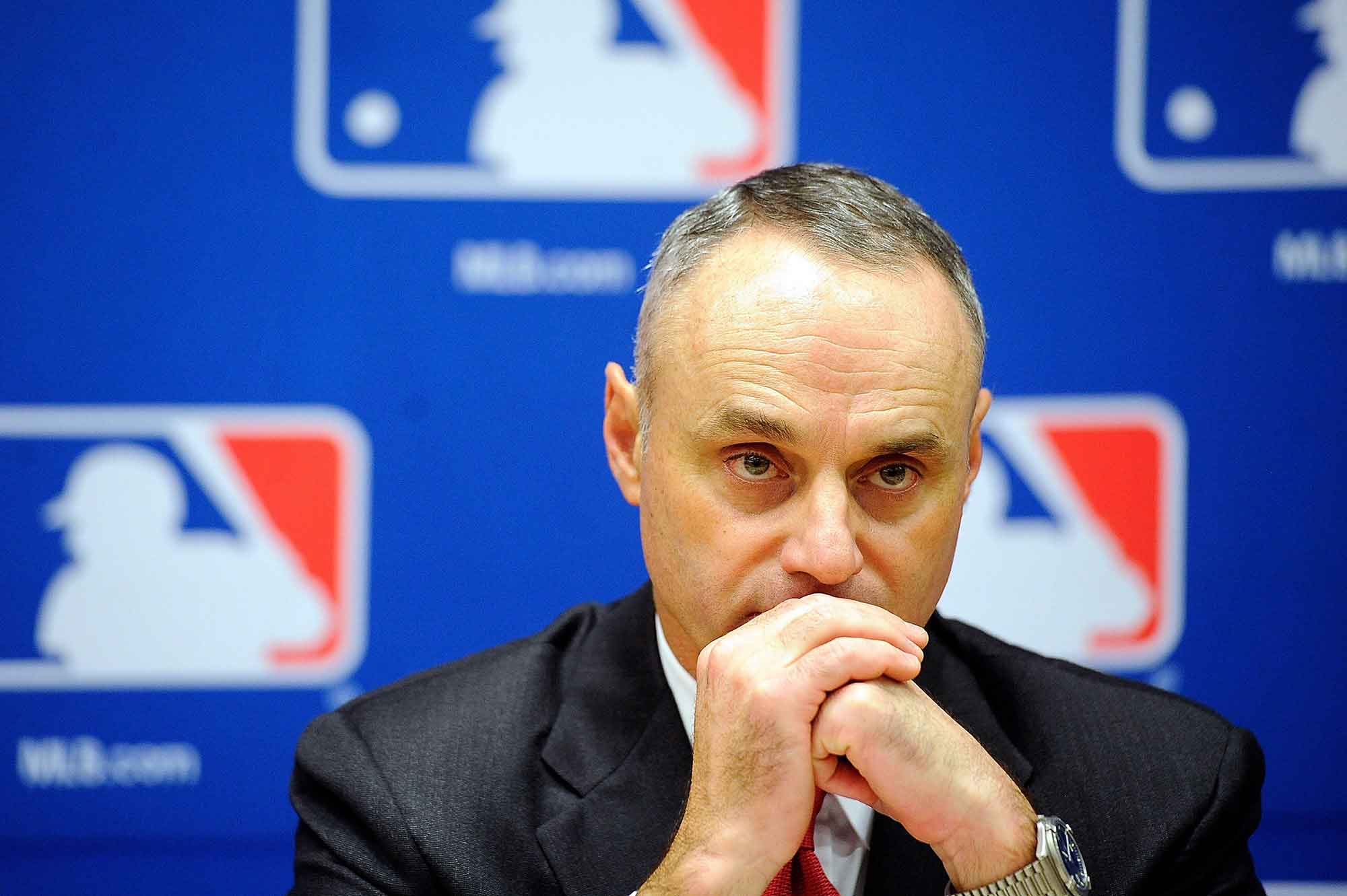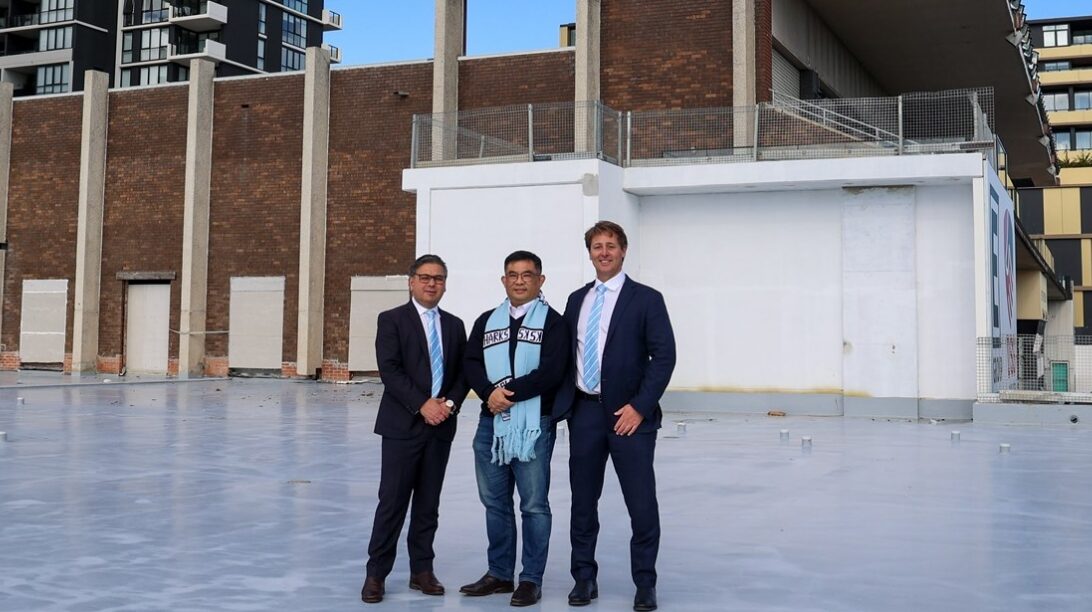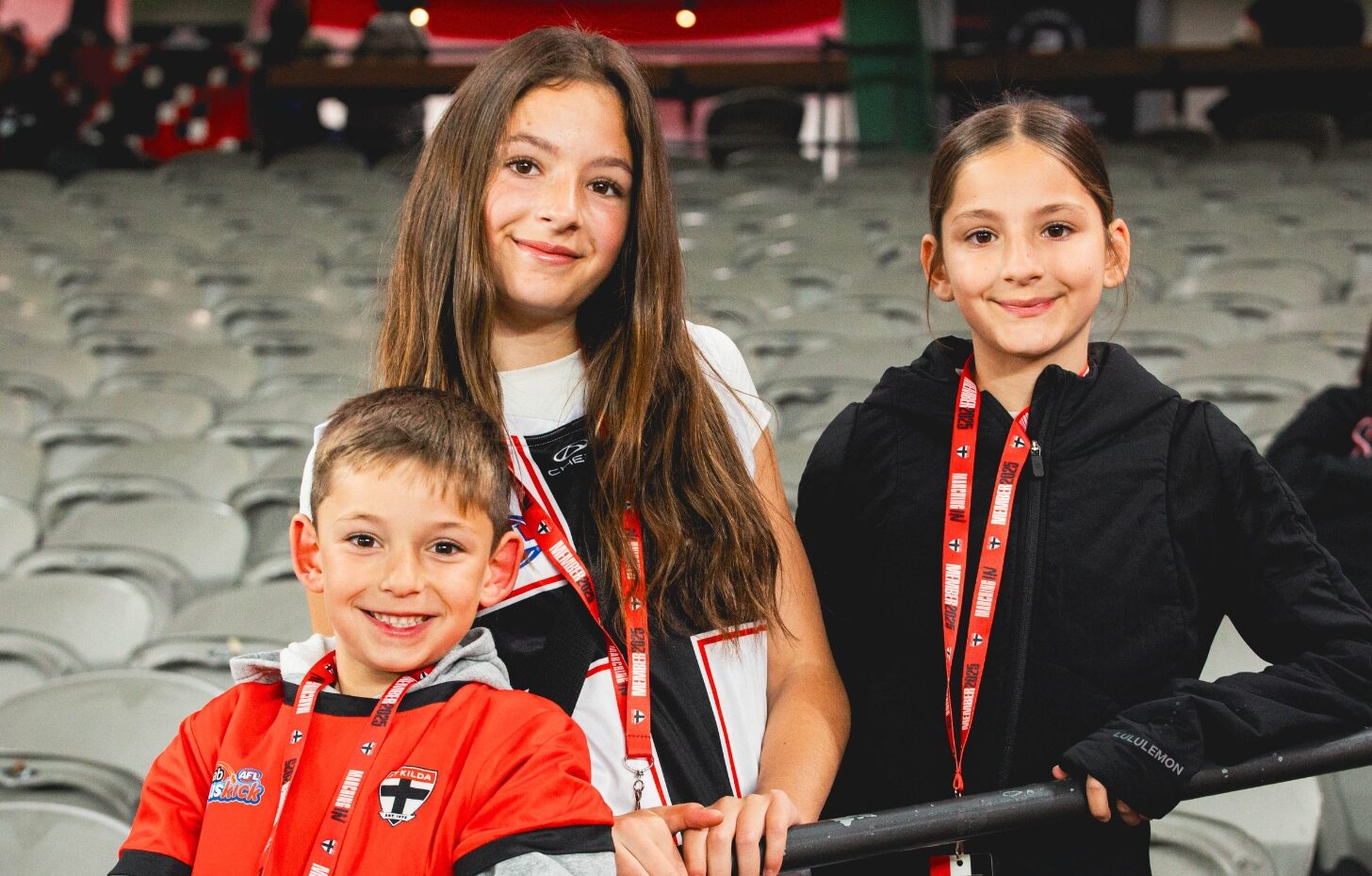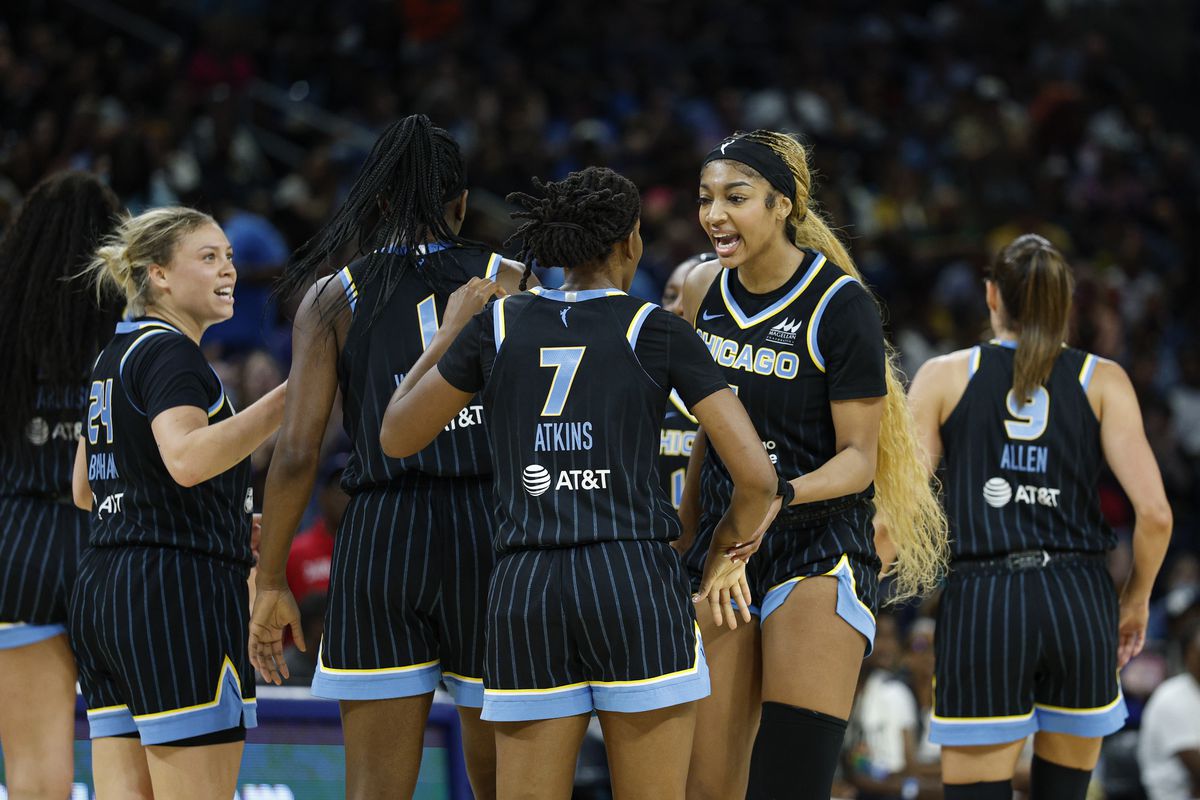Stand Off: MLB’s Fourth Lockout Turmoil

A five-year collective bargaining agreement between the owners of the 30 Major League Baseball clubs and the players expired on Wednesday 11:59pm, leading M.L.B. Commissioner Rob Manfred to enact a lockout only two minutes later.
This is the fourth lockout in MLB history and the ninth work stoppage.
The lockout involves halting all player activity relating to their teams, meaning teams are not allowed to talk to players, make major-league signings or swing trades.
The enacting of the lockout has been described as a defensive play to ensure regular-season games play under a collective bargaining agreement – preventing players from striking.
The 1994-1995 MLB strike, which resulted in 948 cancelled games, occurred when the regular season commenced without a collective bargaining agreement in place.
However, MLB enacted lockouts historically have not resulted in the cancellation of games.
In the lockouts of 1973, ’76 and ’90, a full regular season was played each time.
Discussion topics for the bargaining agreement may include player discontentment regarding salaries.
ESPN’s MLB insider and writer, Jesse Rogers wrote: “In general, players would like to be paid more at younger ages because that’s when they are in their prime.”
“The system also favours keeping players in the minor leagues for several weeks extra to slow down their major league service time.
“Additionally, they feel the cycle of teams rebuilding (aka tanking) is limiting payrolls,” he said.
MLB commissioner Rob Mandred felt the lockout was necessary, citing stubbornness from the MLB Players Association.
“We hope that the lockout will jump-start the negotiations and get us to an agreement that will allow the season to start on time,” commissioner Rob Manfred said.
“This defensive lockout was necessary because the Players Association’s vision for Major League Baseball would threaten the ability of most teams to be competitive. “
“From the beginning, the MLBPA has been unwilling to move from their starting position, compromise, or collaborate on solutions.”
Championing the other side of the discussion is former big leaguer Tony Clark, a leading figure of the player’s union
“This drastic and unnecessary measure will not affect the Players’ resolve to reach a fair contract,” Clark said in a statement.
“We remain committed to negotiating a new collective bargaining agreement that enhances competition, improves the product for our fans, and advances the rights and benefits of our membership.”
Latest News



What's Next
It's free to join the team!
Join the most engaged community in the Sports Business World.
Get all the latest news, insights, data, education and event updates.



